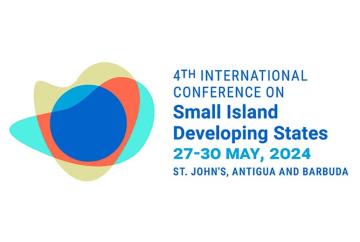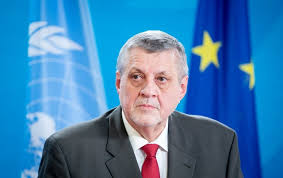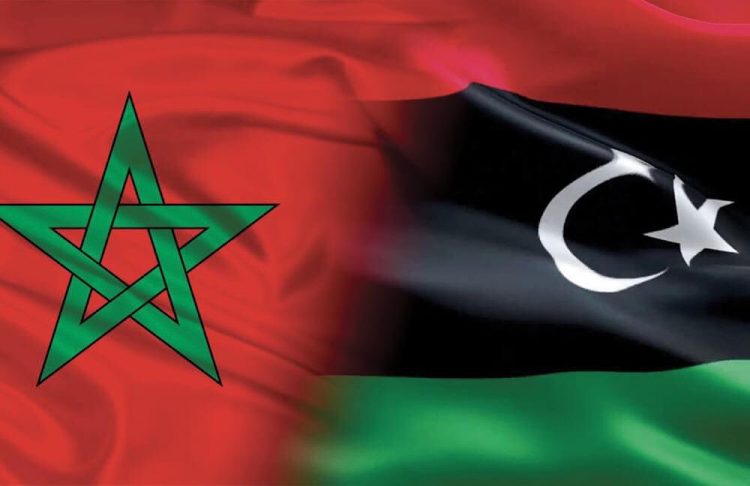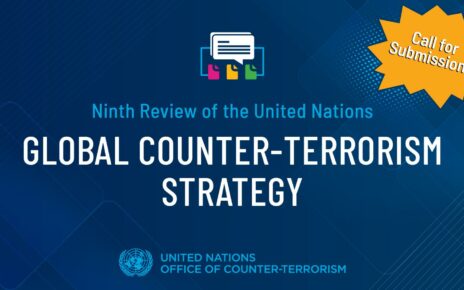Morocco’s Ambassador to the UN, Omar Hilale, highlighted, in Saint John’s in Antigua and Barbuda, King Mohammed VI’s vision of South-South cooperation in favor of island states, a vision that is based on solidarity.
This came in an address he made on Tuesday at the 4th international conference on small island developing states, held May 25-30 under the theme “Charting a Path to Resilient Prosperity”. The conferenhce, co-chaired by New Zealand and the Maldives, aims to assess the capacity of SIDS to achieve sustainable development, including achieving 2030 Agenda and achieve its sustainable development goals.
Hilale, who was elected Vice-President of the conference on behalf of the African group, stressed in his address that in execution of the king’s avant-garde vision, Morocco has made South-South cooperation a strategic lever of its foreign policy, mainly through establishing an innovative cooperation model based on solidarity.
These relations of cooperation are based on sharing experiences and expertise, as well as on launching substantial development initiatives, he said, noting that from this perspective, the Kingdom attaches paramount importance to strengthening its cooperation with small island developing states (SIDS), mainly in Africa.
This commitment is illustrated by a myriad of pioneering initiatives such as the activation of the three Climate Commissions of the Congo Basin, the Sahel Region, and island states, said Hilale, adding that these commissions emerged from the First African Action Summit.
The ambassador also cited the establishment of the Center of Competence in Climate Change which allows Morocco to share its experiences with countries and strengthen South-South cooperation in this area. The Kingdom has also launched, with African States, the Initiative for the Adaptation of African Agriculture to Climate Change, in addition to the “Sustainability, Stability and Security” initiative.
Omar Hilale recalled further the creation by the Mohammed VI Foundation for Environmental Protection of “the African Youth Platform for the Climate” with the aim of highlighting the pioneering role of youth in this area, as well as its ability to innovate.
The diplomat also cited the launch of the African-Atlantic States Process which embodies the wise royal vision aimed at making the African Atlantic space a haven of stability and prosperity, by providing practical solutions to development challenges in accordance with a consultative and inclusive approach.
Regarding the issue of climate change, the ambassador underscored that Morocco remains committed at the international, regional and national levels to achieving the ultimate objective of reducing greenhouse gas emissions in the long term in accordance with the Paris Climate Agreement.
Omar Hilale also underlined that the organization of the Morocco-Pacific Island States Forum, in Laâyoune in 2020, and before that in Rabat in 2012 and 2015, is another eloquent example of the Kingdom’s commitment to strengthening its partnership with small island developing States.
These commitments and initiatives are the embodiment of the proactive and united vision of King Mohammed VI who has decided to make Morocco’s expertise available to developing countries, particularly small island states, within the framework of South-South cooperation and tripartite cooperation, or within the framework of bilateral relations and avenues of international and regional cooperation.
The ambassador concluded by reaffirming Morocco’s continued commitment to contribute effectively to the implementation of the recommendations and the action plan of this 4th international conference which aims to be the appropriate platform to strengthen the development capacity of small island states in terms of resilience and to achieve the expected prosperity, mainly within the framework of South-South cooperation and tripartite cooperation.



